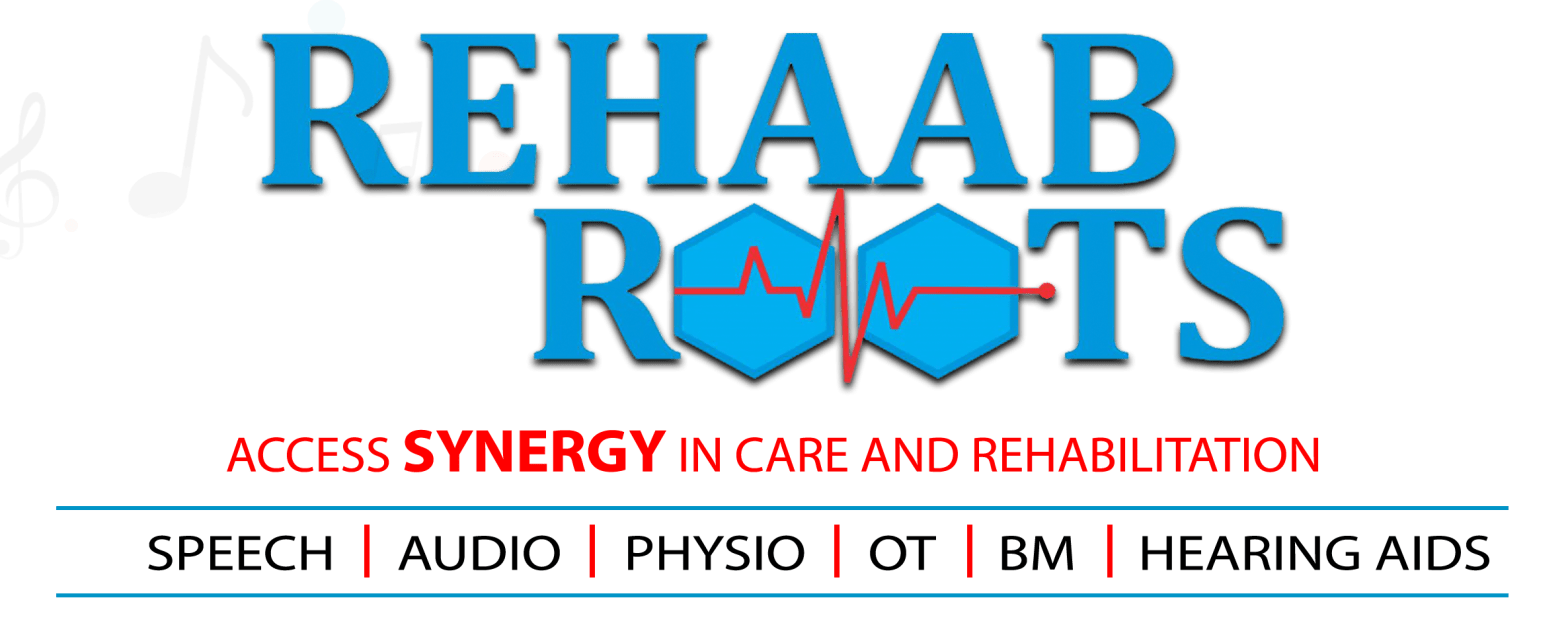Introduction
Every child is unique — in how they think, feel, and learn. But sometimes, children may face emotional, social, or academic challenges that parents can’t fully understand. That’s where a child psychological assessment becomes essential.
A child psychological assessment in Hyderabad helps identify a child’s strengths, difficulties, learning style, and emotional needs. It’s not about labeling — it’s about understanding your child better so they can reach their full potential.
In this guide, we’ll take you through a step-by-step process of what actually happens during a psychological assessment and why it’s one of the best decisions parents can make for their child’s development.
🧠 Step 1: Initial Consultation and Background Discussion
The process begins with an initial parent consultation.
During this session, the child psychologist in Hyderabad meets with parents (and sometimes teachers) to gather details about:
- Developmental history (milestones, speech, motor skills)
- Behavioral patterns at home or school
- Academic performance and concentration levels
- Emotional regulation and social skills
This step helps the psychologist determine which type of psychological testing for children will be most effective.
🧩 Step 2: Observing the Child’s Behavior
Next, the psychologist may observe the child in a playroom, classroom-like setting, or through structured tasks.
Observation helps assess:
- How the child interacts socially
- Their attention span and communication style
- Reactions to instructions and new situations
This child behavior assessment gives real-world insights that standardized tests alone can’t always capture.
✍️ Step 3: Standardized Psychological Testing
The psychologist then conducts age-appropriate standardized tests to evaluate different aspects of the child’s development. These may include:
- Cognitive assessments: To measure memory, attention, and problem-solving skills
- Academic testing: To identify learning difficulties such as dyslexia or dyscalculia
- Emotional and personality assessments: To understand anxiety, self-esteem, or behavioral patterns
- Adaptive functioning tests: To evaluate independence, communication, and daily living skills
Each test is done carefully to ensure the child feels comfortable and motivated.
📊 Step 4: Scoring and Data Analysis
Once testing is complete, results are scored and analyzed according to international psychological standards.
This process helps identify patterns, such as:
- Learning disabilities
- Emotional or behavioral concerns
- Strengths in creativity or reasoning
At Rehaab Roots, assessments are performed using reliable, research-backed tools to ensure accurate and ethical evaluation.
🗣️ Step 5: Feedback and Discussion with Parents
After the assessment, parents are invited for a detailed feedback session.
The psychologist explains:
- Key findings from the assessment
- Your child’s unique learning and emotional profile
- Recommended interventions (like counseling, therapy, or school support)
This stage is all about empowerment — giving parents clear strategies to help their child thrive both at home and in school.
🎯 Step 6: Creating an Individualized Support Plan
The final step is designing a customized developmental or therapy plan.
Based on the child’s needs, this may include:
- Behavior therapy
- Speech or occupational therapy
- Parent guidance sessions
- Academic accommodations or special education support
A follow-up plan ensures that progress is monitored and adjustments are made as the child grows.
🌈 Why Child Psychological Assessments Matter
A child psychological assessment isn’t just about diagnosing — it’s about discovering.
It helps parents and teachers:
- Identify learning difficulties early
- Understand emotional triggers and strengths
- Improve focus, communication, and confidence
- Build a personalized roadmap for success
When Should You Consider a Psychological Assessment for Your Child?
You should consider visiting a child psychologist near you if your child:
- Struggles with concentration or learning
- Shows sudden behavioral or emotional changes
- Has speech, social, or academic delays
- Experiences anxiety or low confidence
- Faces difficulty adjusting at school
Early evaluation leads to better outcomes — emotionally, socially, and academically.
Conclusion
A child psychological assessment is one of the most valuable steps you can take to support your child’s mental and emotional growth.
If you’re looking for a child psychologist in Hyderabad who provides compassionate, evidence-based care, visit Rehaab Roots — where experts guide families through every step of the process with warmth and professionalism.
💡 Because understanding your child’s mind is the first step to unlocking their potential.
FAQs – Child Psychological Assessments
- What age can a child undergo psychological assessment?
Assessments can be done for children as young as 3 years, depending on developmental concerns. - How long does a full assessment take?
Usually 2–3 sessions, depending on the child’s attention span and the types of tests required. - Is a psychological assessment the same as therapy?
No, an assessment helps identify issues, while therapy provides treatment. - Do psychological tests stress the child?
Not at all — they are presented as games or puzzles in a child-friendly environment. - Where can I get a psychological assessment for my child in Hyderabad?
At Rehaab Roots — a trusted center for child psychology, behavior therapy, and developmental assessments.
